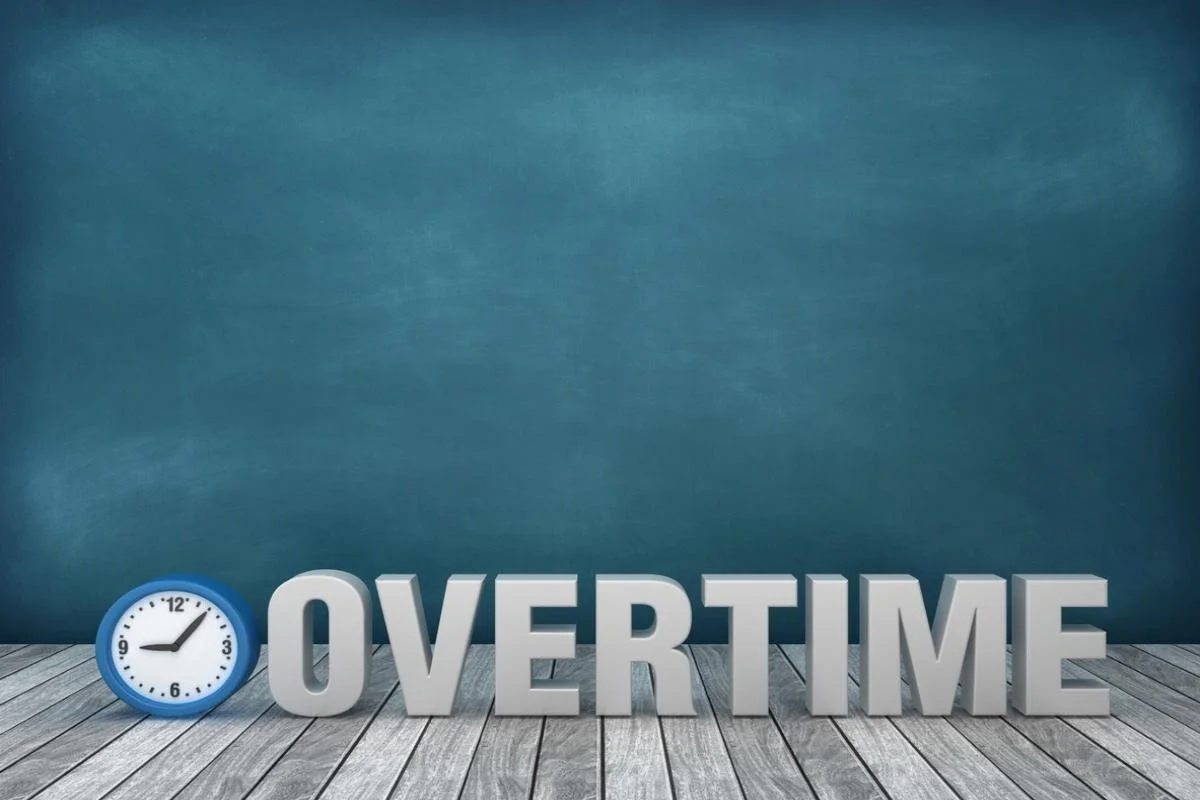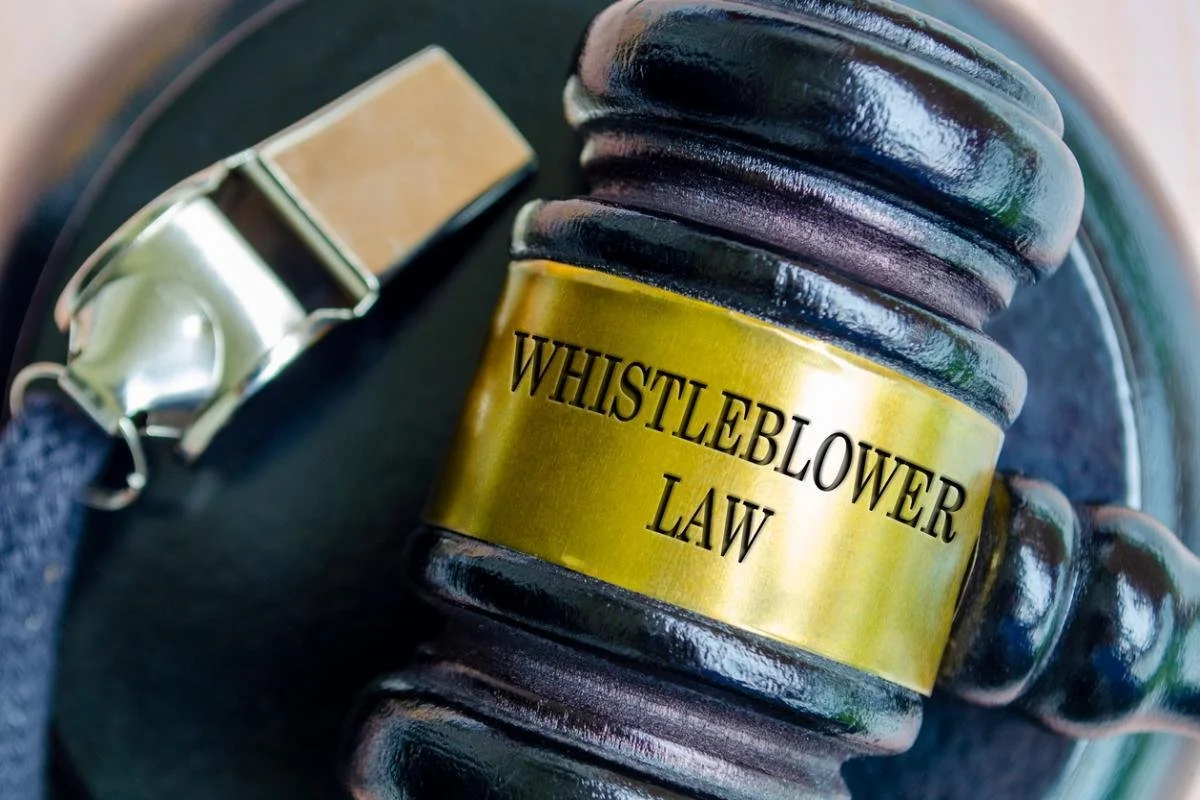Carr v. 2nd Street USA: Wage-Statement Class Action
/In Sterling Carr v. 2nd Street USA, Inc., et al., a pending class action in the Los Angeles County Superior Court, employees claim that the second-hand retail chain systematically violated multiple California wage-and-hour protections, most notably the requirement to provide accurate, itemized wage statements.
The Case: Sterling Carr, v. 2nd Street USA, Inc., et al
The Court: Los Angeles County Superior Court
The Case No.: 24STCV12806
The Plaintiff: Sterling Carr, v. 2nd Street USA, Inc., et al
Sterling Carr, an hourly employee of 2nd Street USA, Inc., brings this suit on behalf of himself and similarly situated workers. He alleges that the company’s wage practices—reflected in faulty pay stubs; short-changed employees and masked other Labor Code violations.
The Defendant: Sterling Carr, v. 2nd Street USA, Inc., et al
2nd Street USA, Inc. operates “2nd STREET” resale boutiques throughout California. As Carr’s direct employer, the company is responsible for complying with California Labor Code §§ 201–203, 226, 226.7, 233, 246, 510, 512, 1194, 1197, 1197.1, and 2802, as well as the applicable Wage Orders.
The Case: Sterling Carr, v. 2nd Street USA, Inc., et al
The wage and hour class action was filed in Los Angeles County Superior Court. The complaint included several allegations, including:
Failure to pay minimum and overtime wages
Failure to comply with meal and rest breaks laws
Failure to reimburse business expenses
Failure to pay sick wages and all wages when due
Failure to furnish accurate wage statements—pay stubs allegedly omitted hourly rates, total hours worked, and pay-period dates, violating Labor Code § 226(a)
The plaintiff filed suit seeking unpaid wages, statutory penalties, interest, and attorneys’ fees. The plaintiff also seeks civil penalties under PAGA.
The Main Question in the Case: Sterling Carr, v. 2nd Street USA, Inc., et al
Did 2nd Street USA’s pay-stub format—and the underlying payroll practices it concealed—violate Labor Code § 226 and related provisions, thereby entitling Sterling Carr and other employees to statutory penalties and back wages?
FAQ: Sterling Carr, v. 2nd Street USA, Inc., et al
Q: What information must appear on a California wage statement?
A: According to Labor Code § 226, California wage statements must include: total hours worked, all applicable hourly rates, gross and net wages earned, payroll dates, and employer identification details. Missing any of these can trigger statutory penalties.
Q: Can an inaccurate wage statement alone support a lawsuit?
A: Yes. Even if all wages were paid, employees may sue for penalties if the employer fails to provide accurate, itemized statements, because transparency is a right protected by California law.
Q: How does a class action benefit workers in wage-statement cases?
A: A class action lets employees pool smaller individual claims (often just a few hundred dollars each) into one lawsuit, increasing leverage and reducing legal costs while ensuring uniform relief for all affected workers.
Q: What penalties could 2nd Street USA face if Carr prevails?
A: The company could owe per-pay-period penalties under § 226(e), waiting-time penalties for any late final wages, reimbursement for unpaid expenses, and additional civil penalties under PAGA—plus attorneys’ fees and interest.
Q: Do employees have to show they were underpaid to win wage-statement penalties?
A: Not necessarily. California courts hold that the mere failure to provide required information—causing difficulty in verifying pay—can constitute “injury,” making the employer liable for statutory damages even when wage amounts are otherwise correct.
If you have questions about filing a wage and hour complaint, please contact Blumenthal Nordrehaug Bhowmik DeBlouw LLP. Knowledgeable employment law attorneys are ready to help in various law firm offices in Riverside, San Francisco, Sacramento, San Diego, Los Angeles, and Chicago.










